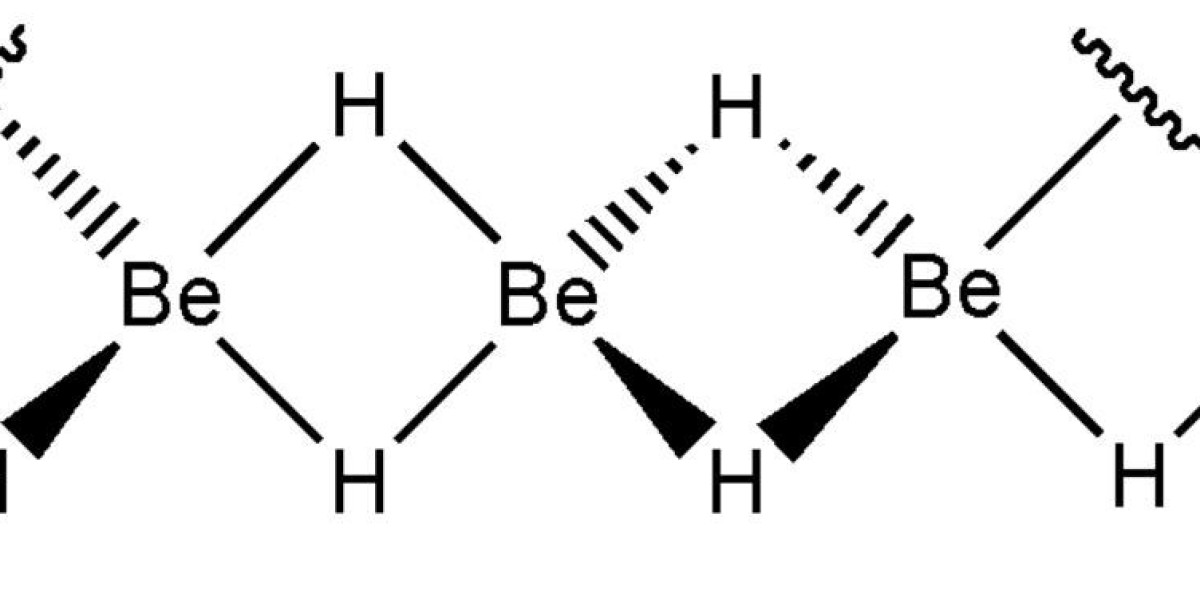The prediction of new materials is always exciting, 1-3 especially when its dimensions are reduced, such as graphene 4-6 and the graphene-like 2D material Cu2X (Si, Ge), 7,8, which have been named "graphene mimics of the future". As the lightest element in alkaline earth metals, beryllium is a magical element that, when added to metallic elements as an alloyed element, not only improves many physical properties, but also forms ionic and covalent bonds with many non-metallic elements such as hydrogen, carbon, and nitrogen. Among them, beryllium hydride (BeH2) has been well studied over the past 40 years as an effective hydrogen storage material. The 9-11 crystal BeH2 was first prepared by G.J. Burrendel et al. Let's wait. Under high pressure compression fusion of amorphous BeH2 catalyzed by lithium. 12 Despite toxicity concerns, the bulk phase BeH2 has the highest percentage of hydrogen by weight at 18.2wt% and a moderate hydrogen desorption temperature of about 250°C. 13,14 Recently, its non-bulk form is BeH2 nanoparticles and linear [BeH2]n nanoclusters, and 15-19 has been successfully synthesized in hydrogen storage experiments due to the large surface area ratio at the nanoscale, which further arouses interest in its low size (such as two-dimensional (2D) form).
The concept of "2D beryllium hydride monolayer" was first proposed by M. eel in 1989, 20 13 years before graphene, the first atom-thick material, was realized in 2004. Inspired by the large LiBeH3 geometry, this BeH2 monolayer is considered to be a very flat sheet, as shown in the figure. 1 (c). Since then, there has been debate about the stability and electronic properties (metal or insulation) of this flat BeH2 monolayer. 21,22 Recently, this flat square form of the BeH2 monolayer has once again attracted the interest of researchers due to its topological nontrivial nature. 23 Where its Fermi circle is centered at the points Γ (0,0) and K (1/2,1/2), respectively, and the corresponding Fermi velocity is even higher than that in graphene. Then, a natural research question arises: Is this flat form the global minimum structure of BeH2 monolayer?








